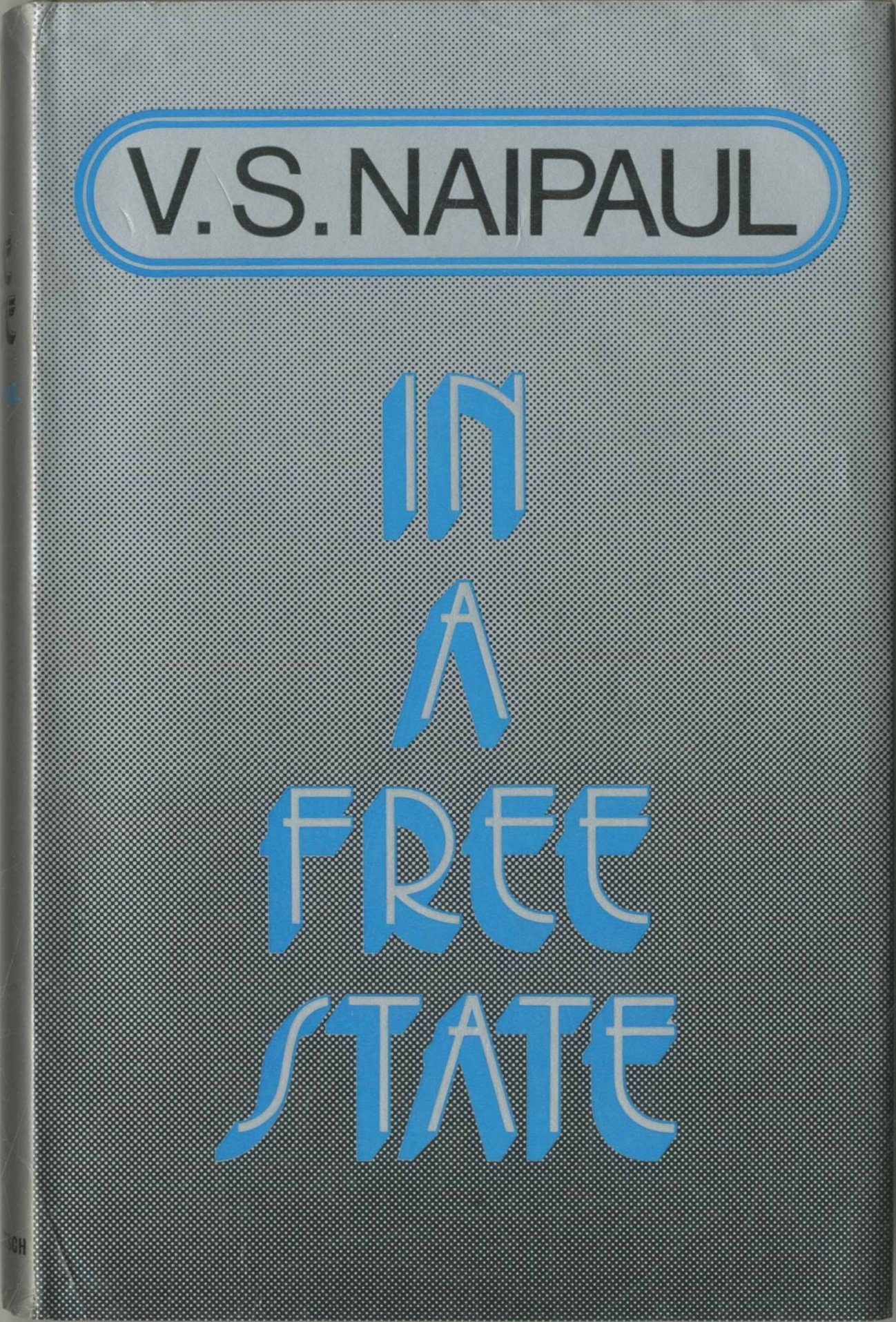Hardcover, 256 pages
English language
Published Feb. 3, 1971 by André Deutsch.

Hardcover, 256 pages
English language
Published Feb. 3, 1971 by André Deutsch.
This may be V.S. Naipaul's best book. It is certainly his most original and complete. It is a sequence, part fiction, part documentary, and at its heart is a novel which may well come to be regarded as one of the finest pieces of sustained writing of our day.
The novel is set in a free state in Africa at a time of civil conflict, when a once-ruling tribe is being decimated and its king is on the run. But for English people like Bobby and Linda, driving back from the capital to their expatriate's compound in one of the regions, the roads are open. Bobby is a government officer; Linda is the wife of a colleague. Neutral, white, protected, they have both, in their different ways, found liberation in Africa, and they too might be said to be 'in a free state'. But their neutrality will not last; there …
This may be V.S. Naipaul's best book. It is certainly his most original and complete. It is a sequence, part fiction, part documentary, and at its heart is a novel which may well come to be regarded as one of the finest pieces of sustained writing of our day.
The novel is set in a free state in Africa at a time of civil conflict, when a once-ruling tribe is being decimated and its king is on the run. But for English people like Bobby and Linda, driving back from the capital to their expatriate's compound in one of the regions, the roads are open. Bobby is a government officer; Linda is the wife of a colleague. Neutral, white, protected, they have both, in their different ways, found liberation in Africa, and they too might be said to be 'in a free state'. But their neutrality will not last; there is danger on the open road.
They are an ill-assorted pair, and the relationship which develops between them is as fascinating as that other relationship, between black and white, Europe and Africa, Exploiter and exploited; it is one of the conditions of men in a free state that the roles should ceaselessly shift. This is not the Africa of guilt or romance or 'service', but something infinitely more ambiguous. This central novel, brilliant on every level (simply as an adventure it is masterly in its mounting menace) says more about colonialism and its consequences than has yet been said by anyone.
It is given a deeper meaning by two long studies of other men looking for liberation far from home. In Washington, 'capital of the world' torn by racial violence, an Indian diplomat's servant (on a salary of $3.50 a week) discovers his own personality and escapes. He becomes a citizen; but he also discovers loss and permanent solitude. Americans to him are as peripheral as Africans to Bobby and Linda, and as English people in the London of 'Tell Me Who to Kill' to the two brothers from the West Indies who have come, one to 'pursue his studies', one to work.
The fiction is enclosed by two pieces of documentary, fragments from an Egyptian journal: the Egyptians as officials in the first, as victims in the second. Only the sense of terror is constant. Here the writer speaks for himself, and right at the end of the book we see him act. We are admitted direct to the type of experience from which the fiction has grown.
Accomplished narrative of adventure and the interplay of character; a political moral statement; a writer resolving in art the real-life distress he is powerless to alleviate: is part of the triumph and originality of In a Free State that V.S. Naipaul only invites the reader to witness and leaves him free to make up his own mind.